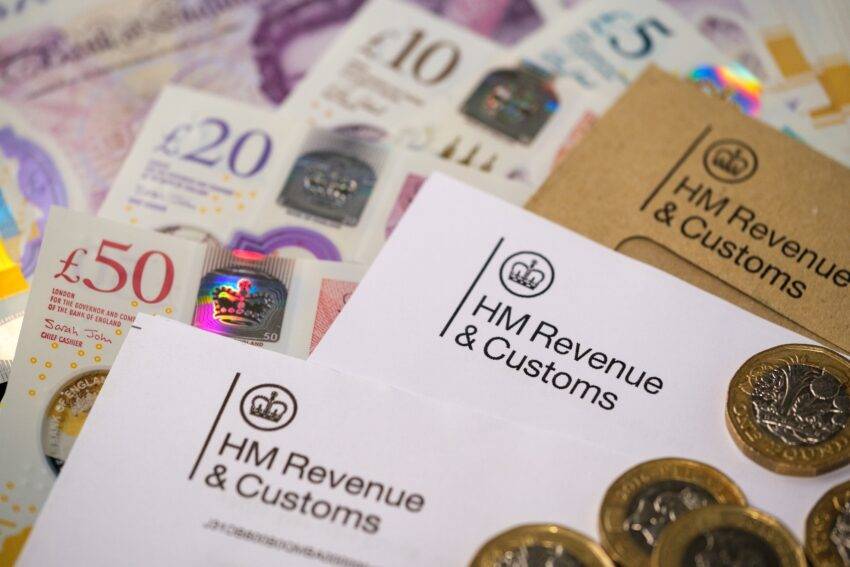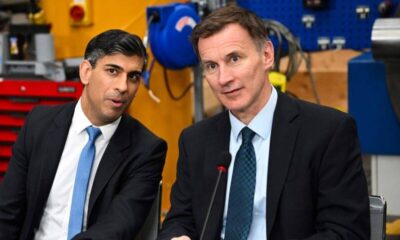Business
The tax manifestos of all the major parties could lead to a nasty shock for taxpayers

The tax policies of all the major parties – as reflected in their manifestos – give general election voters a misleading impression of taxes over the next five years.
That is the view of Robert Salter, tax technical director at leading audit, tax and business consultancy firm Blick Rothenberg. He said: “The Labor manifesto, for example, suggests that a Labor government plans only around £8 billion in tax increases, which is essentially nothing when the government’s total tax revenue is around €8 billion. £1 trillion a year.”
He added: “Criticism can also be leveled at the Conservative Party’s manifesto, where the NIC cuts they promise will only be truly affordable if there are tax rises (or significant cuts) elsewhere, while the Conservatives’ proposal for a special personal tax allowance The rate for pensioners – so they avoid tax on their state pensions – has no wider economic rationale.”
Robert said: “While economic growth could provide some additional tax revenue for all parties – and that is clearly what they are hoping for, the fact is that it is unlikely to provide any of them with significant additional tax revenue.”
He added: “It is equally valid to criticize the policies of the Liberal Democrat, Green and Reform parties. Neither party fully addresses the various tax anomalies within the UK tax system, which can result in taxpayers having marginal tax rates of 55% – 60% (or even significantly higher in some situations), despite the official UK top income rate. tax is only 45%.”
Robert said: “Furthermore, many of the proposed tax measures simply won’t work. They will not generate significant tax revenues, or alternatively they could cause additional negative taxpayer behavior and fuel inflation or additional government borrowing.”
He added: “For example, all parties are talking about tackling the tax gap – the taxes that HMRC thinks are owed but are not paid for one reason or another. However, their plans provide little meaningful analysis of how this tax gap will be reduced, and neither side publicly acknowledges that the majority of the tax gap is caused by small business non-compliance – that is, by mistakes or deliberate actions by the side of the tax authorities. the smallest companies in Britain. Instead, the manifestos talk about tackling tax avoidance among large companies, which, according to HMRC’s own figures, is a very small part of the overall tax gap.”
Robert said: “Other tax plans that have been mentioned are either very easy to avoid – such as the Lib Dems’ plans to impose a tax on share buybacks by FTSE companies, which is unlikely to raise any actual tax.”
He added: “Alternatively, the Greens’ proposals to change the NIC rules – so that the standard 8% NIC rate applies to all wages, including those above £50,270 per year – will result in an effective marginal tax rate of 48% (40% tax rate). and 8% NIC) for middle earners, while the steep tax cuts promised by the reforms (for example increasing personal tax allowances from currently £12,570 to £20,000) are largely unfunded and could easily lead to inflation.”
Robert said: “Given that all parties are either cagey about their real tax plans or are not conceding the real risks that would arise from implementing their manifestos, it is reasonable for taxpayers to challenge all major parties on tax and tax policy. to demand answers. Otherwise, taxpayers have only themselves to blame if they face some nasty tax shocks over the next five years!”













